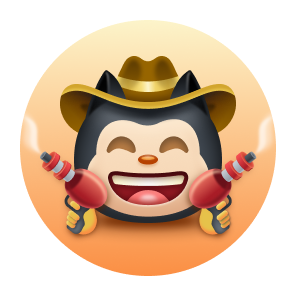Quantitative ecologist & PhD student at School of Aquatic and Fishery Sciences, University of Washington
-
University of Washington
- Seattle, WA
-
04:09
(UTC -08:00) - ameliaduvall.com
Highlights
- Pro
Pinned Loading
-
SCMU_egg_size
SCMU_egg_size PublicEffects of oceanographic conditions and egg order on Scripps’s Murrelet (Synthliboramphus scrippsi) egg size at Santa Barbara Island, California, USA from 2009-2017
-
Bayes_for_seabirds
Bayes_for_seabirds PublicThis repo contains materials for the Introduction to Bayesian Analysis for Seabird Research workshop series.
R
-
pacific_seabirds
pacific_seabirds PublicRepository for code to generate figures for Pacific Seabirds publication
Something went wrong, please refresh the page to try again.
If the problem persists, check the GitHub status page or contact support.
If the problem persists, check the GitHub status page or contact support.

